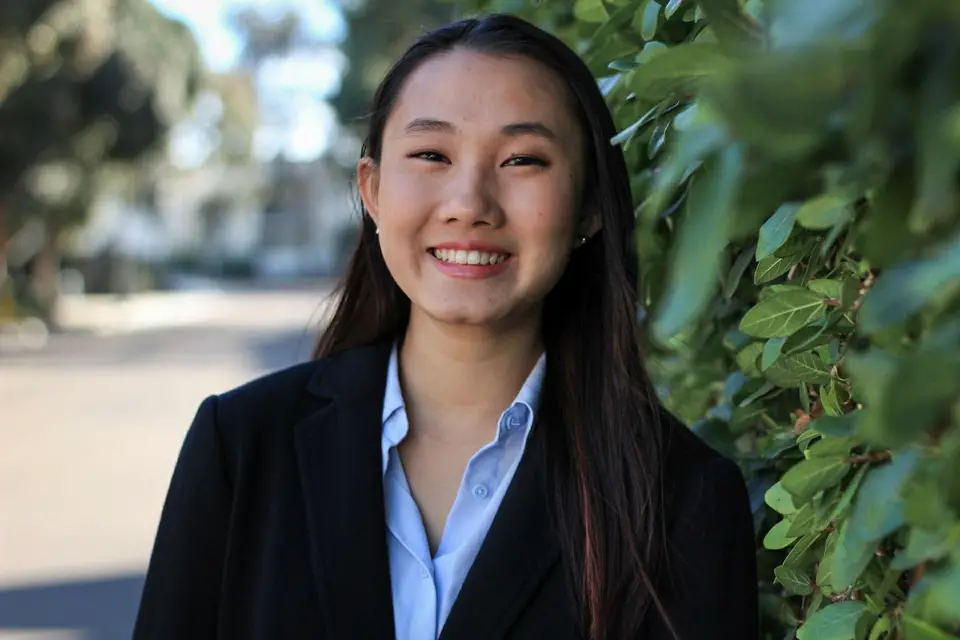It is no secret that the Asian-American constituency is barely present in contemporary American politics. In comparison to the 66 percent voter turnout of, say, African Americans, the Asian population reports a dismal 47 percent.
When trying to find an explanation for this anemic engagement, several reasons emerge. The first, to be fair, is largely statistical: The term “Asian” encapsulates hundreds of ethnicities that speak dozens of different languages with varying commands of the English language, rendering a precise percentage somewhat difficult to come by.
In addition, Asian Americans face an obstacle that all minority groups experience, though to different degrees. According to the International Institution for Democracy and Electoral Assistance (IDEA), an intergovernmental organization that seeks to support democracies around the world, marginalizing minority voices can lead the effected groups to feel a sense of indifference regarding politics.
In other words, potential voters can feel alienated from political or social matters because it might seem that “the voice of the citizen does not have a sufficient level of influence.” Thus, underrepresented groups in media, like Asian Americans, can feel as if their individual voices are not enough to trigger significant political changes.
“Crazy Rich Asians,” however, has helped change that. Featuring an all-Asian cast and a protagonist who is unapologetically 100 percent American and 100 percent Chinese, the film has demonstrated that Asians have a voice that is present, powerful and ready to influence the polls.
Representation Matters
As the first film to feature an all-Asian cast since the 1993 film adaptation of Amy Tan’s “Joy Luck Club,” “Crazy Rich Asians” has finally returned Asian representation to the big screen — and this time, not as some supplementary chicken-flavored MSG, but as the whole chicken. The achievement is doubly important considering the unique set of obstacles the East Asian community has encountered, namely whitewashing, in its attempts to grab some spotlight.
Earlier this year, critics panned “Annihilation” for casting Emma Stone to play a half-Chinese, quarter-Hawaiian character, rather than cast someone with Asian or Pacific Islander heritage. And in 2017, Scarlett Johansson portrayed the protagonist in “Ghost in the Shell,” an adaptation of a Japanese animation. Both instances stung with a special poignancy, as not only were Asian-American actors denied roles, they were denied roles that specifically called for their casting. In light of snubs like these and others, both “Crazy Rich Asians” and I say, “Bak bak, bitches.”
But will increased Asian representation in the media actually affect Asian-American voter turnout? A 2015 meta-study, “Social Media Use and Participation: A Meta-analysis of Current Research,” shows a positive correlation between representation in media and increase in civic or political participation. And while correlation does not always equal causation, having a platform to voice opinions is certainly a prerequisite to having important discussions in the first place.
In addition to the meta-study, the relationship between representation and political involvement has been well documented in other communities of color. In the late 1980s, Lawrence Bobo and Franklin D. Gilliam, social scientists who explored the relationship between African Americans and political involvement, attributed minority political empowerment to “the extent to which a group has achieved significant representation and influence in political decision making.”
Indeed, in comparison to the African-American community, which has been historically active in opposing the injustices that face them, the reluctance of the Asian-American community to become politically engaged has only perpetuated their lack of media representation.
Having Asian-American actresses and actors, then, such as Constance Wu and Ken Jeong, discuss social and sometimes political matters in the media marks the beginning of a more outspoken Asian presence in America. So, it should come as little surprise that, following in the wake of “Crazy Rich Asians” and its box office success, more stories about the Asian-American diaspora, as well as its accompanying tales of alienation and belonging, are emerging.
November Elections
When the production of “Crazy Rich Asians” was announced in 2016, the media began focusing an increasing amount of attention toward Asian-American voices. Since then, issues regarding the community have been hot topics in both the social and political realms.
One recent example of this increased engagement was the highly criticized protest staged by many Asian Americans this spring to contest the Orange County, California, plan to build temporary homeless shelters.
Although the protests were fractured along generational fault lines, with the older protestors advocating conservative values and the younger ones promoting more progressive ideals, the event was just one of many that has made it increasingly clear that the Asian-American community is newly intent on influencing civic matters. In a local interview, Frank Chen, an Asian-American engineer from Irvine, said, “Asians are realizing, ‘Hey,’ you can’t just be silent.’”
For the state of California, votes from districts like Orange County — a historically red district that went blue in the last presidential election — are crucial. Now more than ever, when the Asian-American vote could be the difference between maintaining or disrupting the Republican majority in Congress, it is time to reject silence. “Crazy Rich Asians” has brought more than just diversity to mainstream media — it has placed Asian Americans in a position of visibility.
The film is just the latest in a series of signals to the American public that Asian voices can and will play active roles in shaping the future of the country. First up, the box office. Second, the voting polls.

















